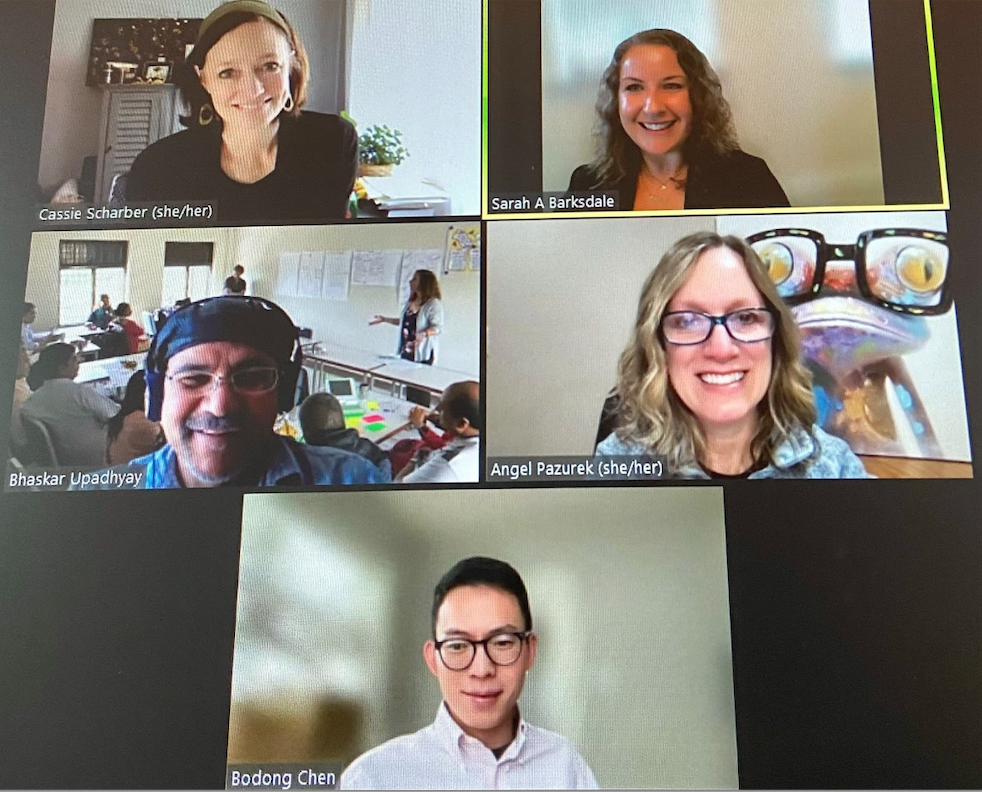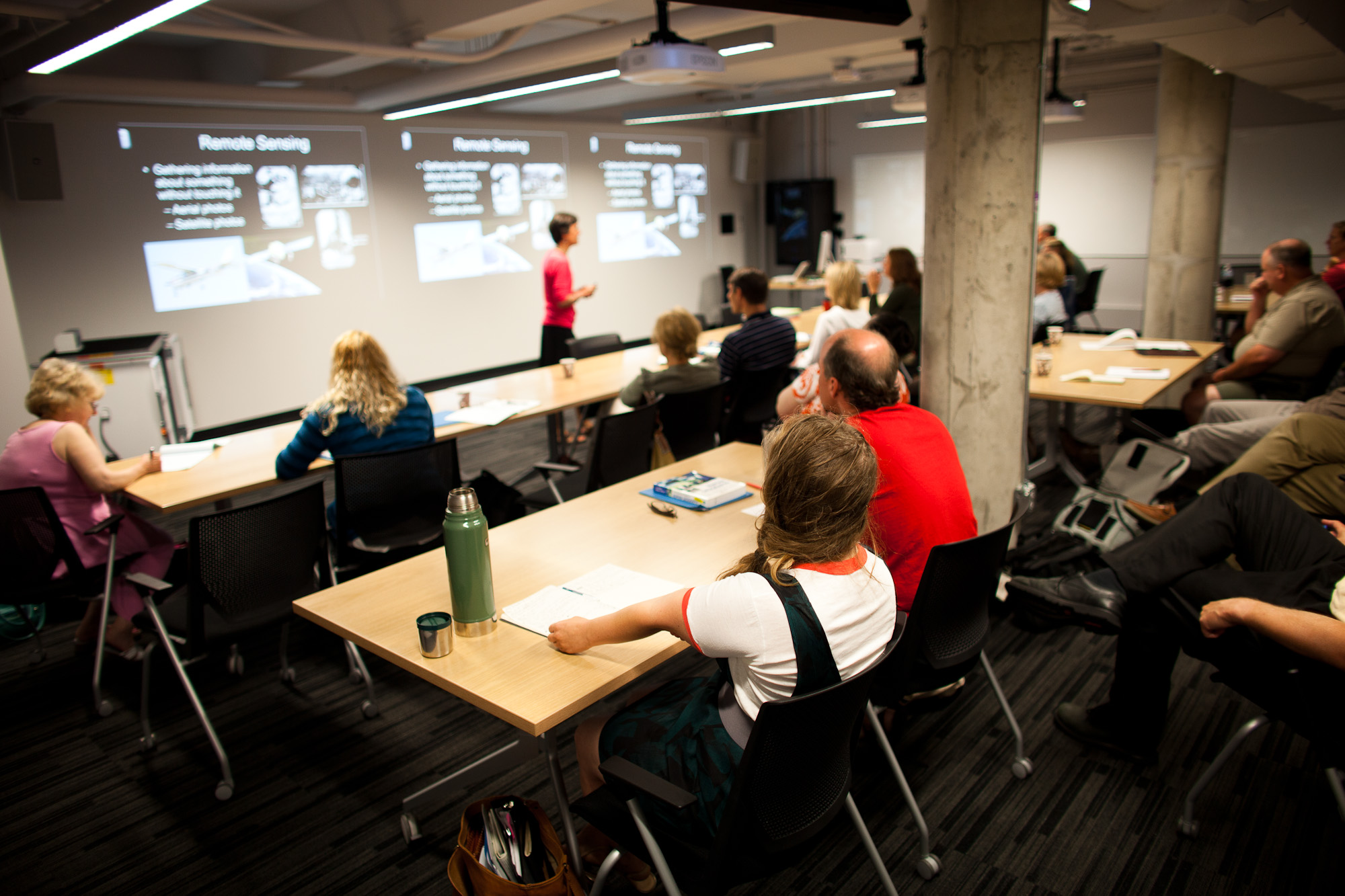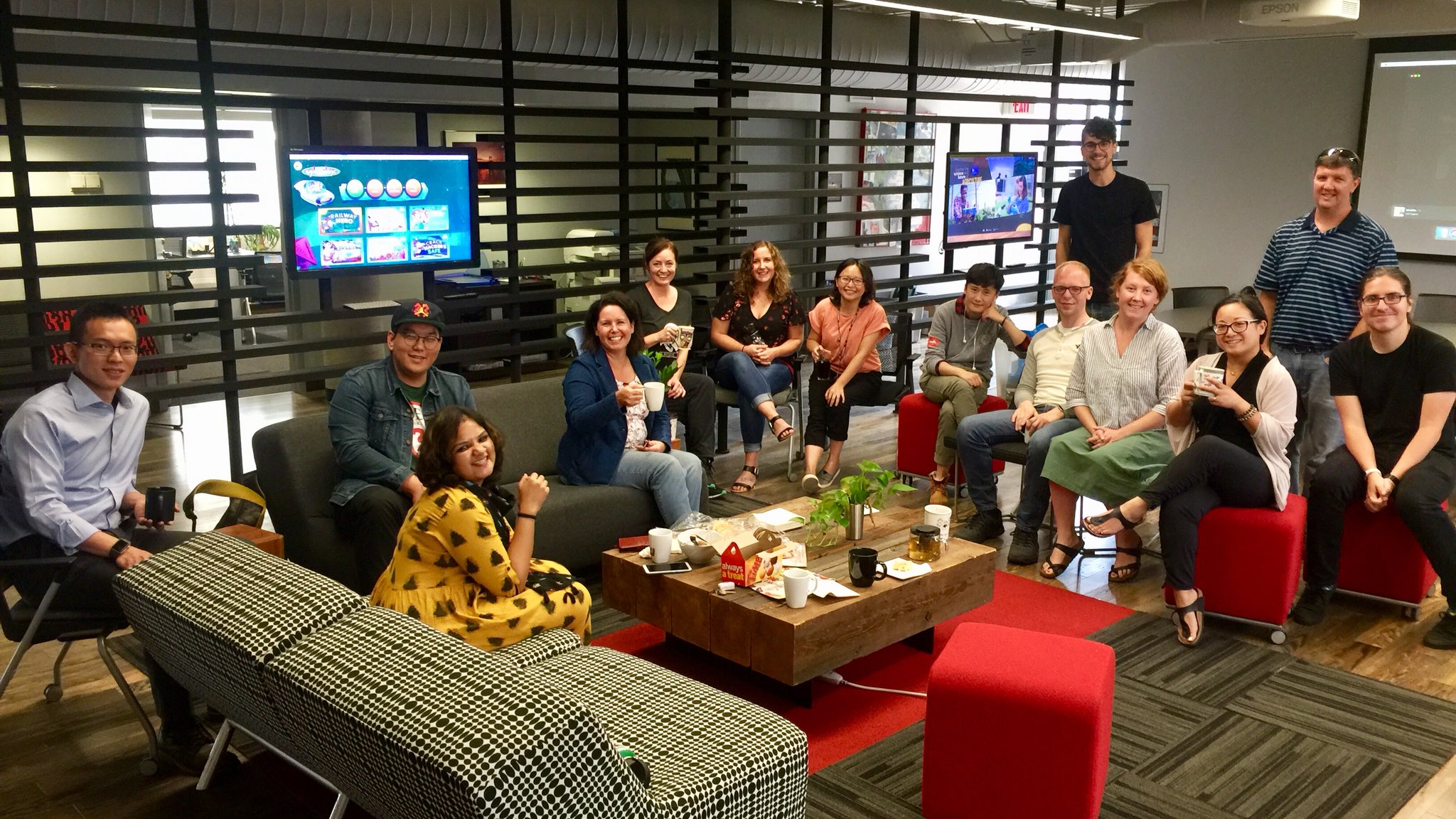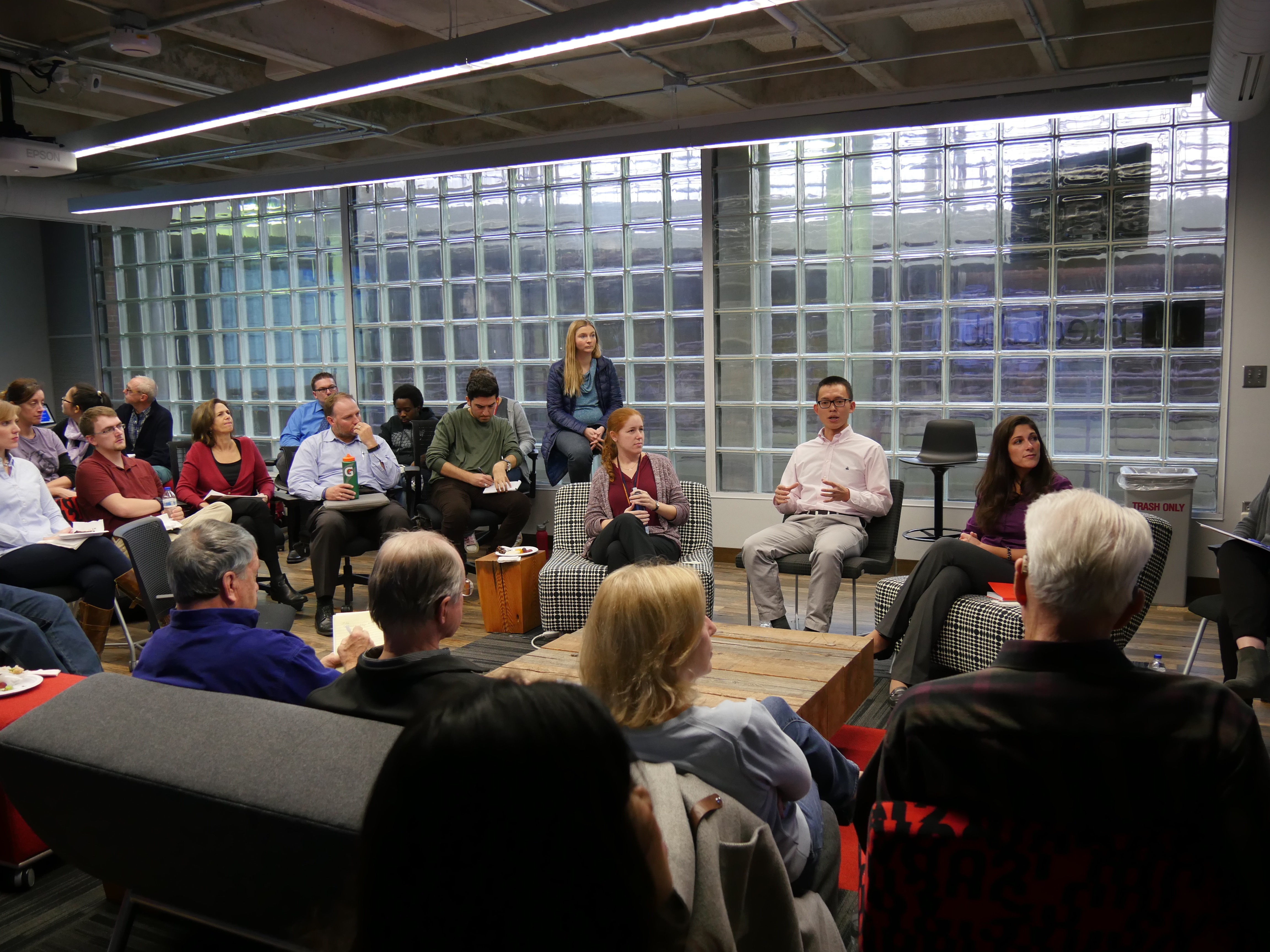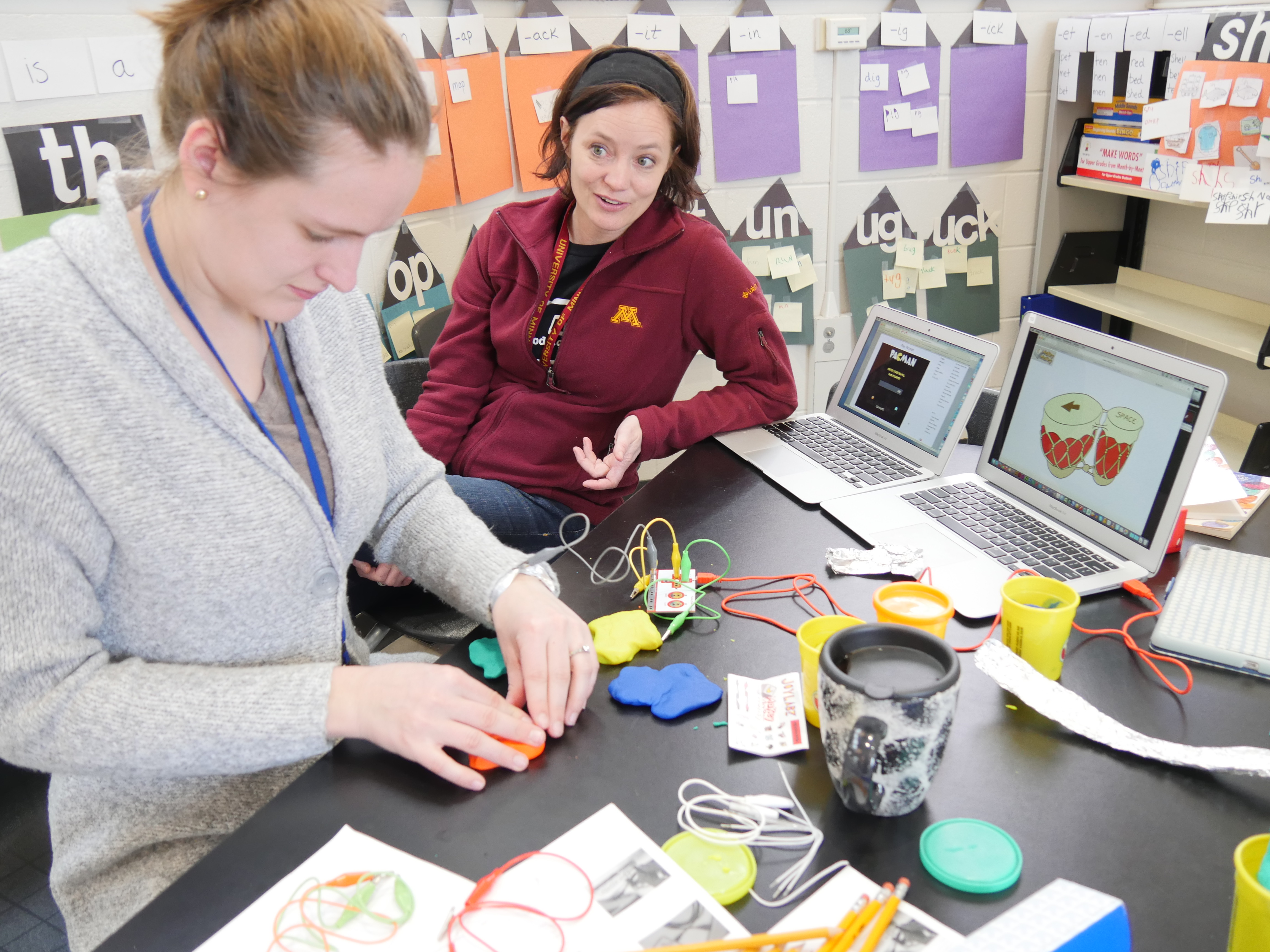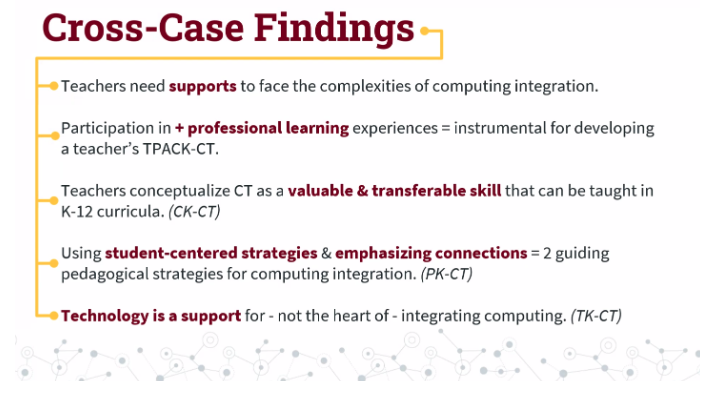
Dr. Sarah Barksdale successfully defended her dissertation titled, “'It’s Hard Work’ — K-12 Teachers’ Enacted Curriculum of Computational Thinking and Computer Science Integration." Dr. Barksdale has been a valued member of the LT community since beginning her doctoral studies, and she presented her dissertation research to a large crowd of virtual attendees via Zoom on May 4, 2023. Joined and supported by family, friends, colleagues, faculty and doctoral committee members, fellow students, and research collaborators, she discussed the importance of supporting teachers in teaching and integrating computing into K-12 curricula so that all young learners can develop computational thinking and computer science skills. Current research in computer science education indicates that a meaningful way to do this is by providing teachers with positive professional learning experiences to develop their own knowledge, skills, and confidence in these areas. Dr. Barksdale extended existing research by uniquely studying how teachers translate these experiences into their own classrooms. Read the abstract below to learn more about her dissertation research. And join us in wishing Dr. Sarah Barksdale a sincere congratulations and best wishes in her next exciting accomplishments as an emerging scholar in learning technologies and computer science education!
Abstract: Integrating computational thinking (CT) and/or computer science (CS) into K-12 curricula has the potential to provide learners with early exposure to the possibilities of creation, engagement, and contributions within a technology-driven society. However, in order to weave CT and CS into their existing curricula and classrooms, K-12 teachers need training. While prior research has studied the design and immediate impact of computing-focused professional learning experiences for teachers (e.g., trainings, classes), there is little research on teachers’ translation of these experiences into their own classrooms. This comparative multi-case study addresses this gap and contributes to the fields of computer science education and teacher education as it explores three K-12 Minnesota educators’ enacted curriculum of integrating computing into their curricula and expands the research on CS/CT by illuminating teachers’ conceptualization(s) of computing as it relates to their classrooms.

Utilizing the technological pedagogical content knowledge (TPACK) framework with the incorporation of computational thinking (TPACK-CT) as a lens and conceptual framework, this study highlights the pedagogical and technological strategies for how a K-5 STEM specialist, a fourth grade teacher, and a high school computer science teacher in Minnesota integrated CT/CS into content areas. To answer the research questions an inductive, constant comparative method and qualitative content analysis were used on the data (surveys, observations, interviews, and reflections) to construct three rich and detailed case portraits, followed by a cross-case analysis. Four themes (PD as a bridge for buy-in, integration, and permission; importance of conceptualizing CT for their classroom; (missing) connections in student-centered, collaborative, and balanced pedagogical strategies; and the (un)plugged fun and supportive role of technology) are discussed in an attempt to capture and make sense of the common threads woven throughout the case portraits and cross-case findings, while also providing implications and insight for moving forward in practice and research.
